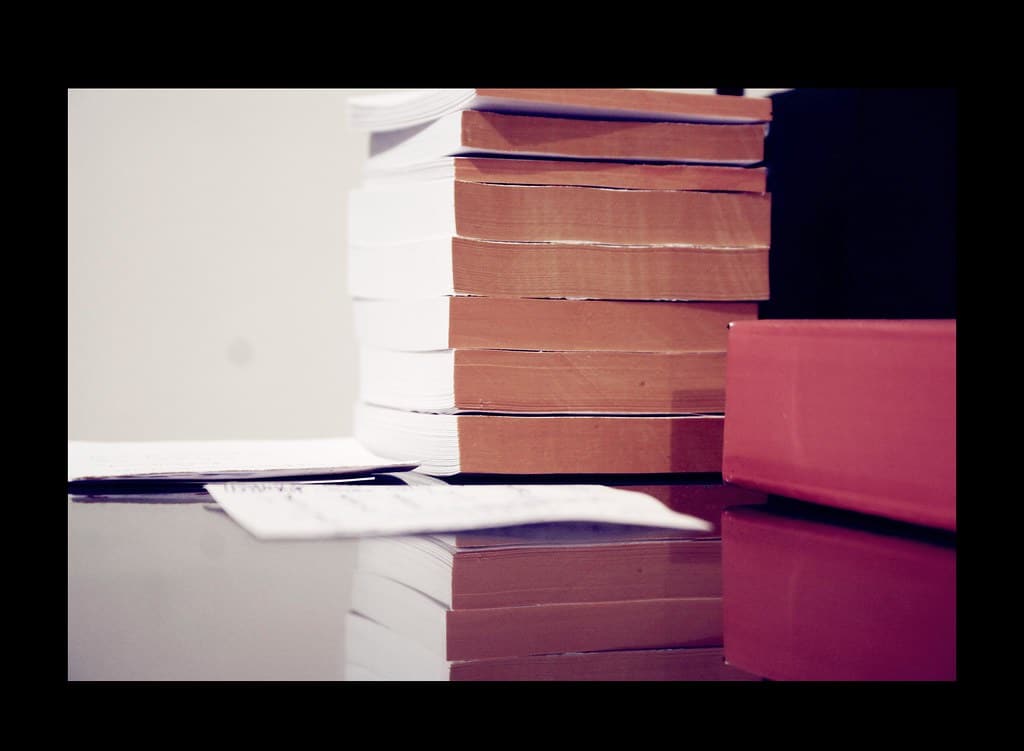If a copyright owner thinks that copyright infringement is occurring online, a DMCA takedown notice can be sent to the internet service provider(s) and web platform(s) on which the infringing content has been posted or uploaded. The purpose of the takedown notice is to prompt the service provider and/or website to take down the infringing material. See Digital Millennium Copyright Act (“DMCA”), 17 U.S.C. § 512.
However, what happens if the takedown notice is false or fraudulent? Can the victim of a fraudulent takedown notice sue? The answer is “yes.” Section 512(f) of the DMCA specifically punishes false and fraudulent takedown notices. That provision states, in part:
“[a]ny person who knowingly materially misrepresents … that material or activity is infringing … shall be liable for any damages … incurred by the alleged infringer … who is injured by such misrepresentation, as the result of the service provider relying upon such misrepresentation in removing or disabling access to the material or activity claimed to be infringing.”
To prevail on a Section 512(f) claim, a plaintiff must prove that the false copyright claim was made with “actual knowledge” that the claim was false. Courts have held that this “actual knowledge” requirement is based on the language from subsection (c) coupled with the word “knowing” from subsection (f). Section 512(c) allows a takedown notice to be sent if the copyright owner possesses a “good faith belief that use of the material in the manner complained of is not authorized by the copyright owner.” 17 U.S.C. § 512(c)(3)(A)(v). Because of the “good faith belief” language of subsection (c), courts have held that, to be liable under subsection (f), copyright owners must have “actual knowledge” that their takedown notice is false or contains a misrepresentation.
A leading case is Rossi v. Motion Picture Ass’n of America, 391 F. 3d 1000 (9th Cir. 2004). In that case, the Motion Picture Association of American (“MPAA”) claimed that Michael Rossi owned a website that allowed users to download copyrighted movies without authorization. On behalf of its members, the MPAA sent a DMCA takedown notice to Rossi’s internet service provider, who terminated Rossi’s hosting service. Rossi’s website was offline for a while and Rossi lost revenue during the downtime. Eventually, Rossi brought a §512(f) claim against the MPAA for a false and fraudulent takedown notice.
Rossi argued that, in order for MPAA to have had “a good faith belief” of infringement, the MPAA should have conducted a reasonable investigation into his website. According to Rossi, had the MPAA conducted such an investigation, it would have been apparent that no movies could actually be downloaded from his website or related links. It was undisputed that MPAA did not attempt to download any movies from Rossi’s website or any links.
The MPAA countered that the DMCA did not require it to attempt to download movies. The MPAA examined Rossi’s website which made statements like:
- “Join to download full length movies online now! new movies every month”
- “Full Length Downloadable Movies”
- “NOW DOWNLOADABLE
Further, Rossi’s website contained photos and graphics for copyrighted motion pictures. The MPAA argued that the foregoing was sufficient to give it a “good faith belief” that Rossi’s website was illegally infringing on the copyrighted materials of its members.
The court agreed with the MPAA. The court held that the “good faith belief” requirement is a subjective standard and liability can only be imposed under §512(f) where there is a “demonstration of some actual knowledge of misrepresentation on the part of the copyright owner.” There was no evidence of such “actual knowledge” by MPAA and, consequently, Rossi’s §512(f) was properly dismissed.
Note that the “actual knowledge” requirement applies to any and all information contained in a take down notice. In Rossi, the allegedly false claim was about whether Rossi’s website infringed movie copyrights. In a more recent case, Ningbo Mizhihe I&E CO., Ltd., v Does 1-200, Case No. 19 Civ. 6655 (S.D. New York April 30, 2020), the allegedly false part of the takedown notice concerned the validity of the copyrights at issue. The court dismissed the §512(f) claim because, at the time the takedown notice was sent, the copyright owner had a “good faith belief” in the validity of its copyrights.
For more information or if you have questions about the DMCA, about takedown notices and/or about copyrights in general, contact the internet lawyers at Revision Legal at 231-714-0100.




